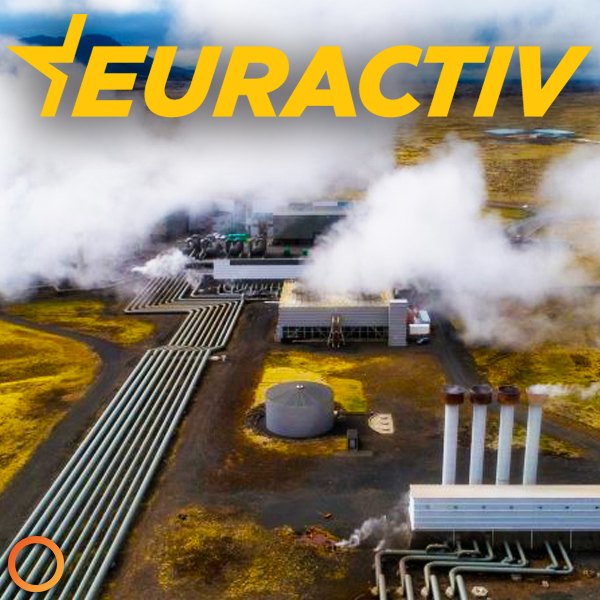An article published on SciTechDaily emphasized that the ability to extract energy from superhot rock has the potential to “change everything” in the renewable energy landscape.
The article, written by Quaise Energy’s Elizabeth Thompson, highlighted that tapping into heated rock several miles into earth’s subsurface was a major topic at the Geothermal Rising Conference of 2023, as showcased in 18 individual papers.
One of the notable presentations at the conference featured the work of European researchers who conducted the first-ever computer simulations of a Superhot Enhanced Geothermal System (EGS) reservoir. This system aims to tap into the energy residing more than six miles below the Earth’s surface, where temperatures can soar above 752 degrees Fahrenheit (400°C).
Matt Houde, co-founder and project manager at Quaise Energy, expressed excitement about the increased focus on superhot rock geothermal, and how it amplifies the company’s continued research into the dynamics of subsurface heat extraction.
As knowledge surrounding these topics becomes more sophisticated, this strengthening narrative is proving to resonate with investors seeking sustainable and innovative energy solutions. Eavor has demonstrated this by developing its own advanced closed-loop geothermal systems that extracts energy from superhot rock via conduction, and gained notable investments from high-calibre energy investors.
Also present at the 2023 Geothermal Rising Conference, Eavor’s professionals had a keen interest in participating in the collaborative atmosphere where experts advocated for the widespread adoption of geothermal energy.
According to Geomechanics Specialist Anna Rogers, innovative and groundbreaking technology that utilizes this energy is key to a sustainable energy transition.
“I think that geothermal will have a large part to play in the energy mix of the future. There will be multiple solutions that contribute to a lower carbon-intensive grid,” said Rogers, who received the Young Professional Award for her achievements in applied research at the conference.
“I hope that, as an industry, we can collaborate to find the best methods to sustainably and economically produce it across the globe.”



















